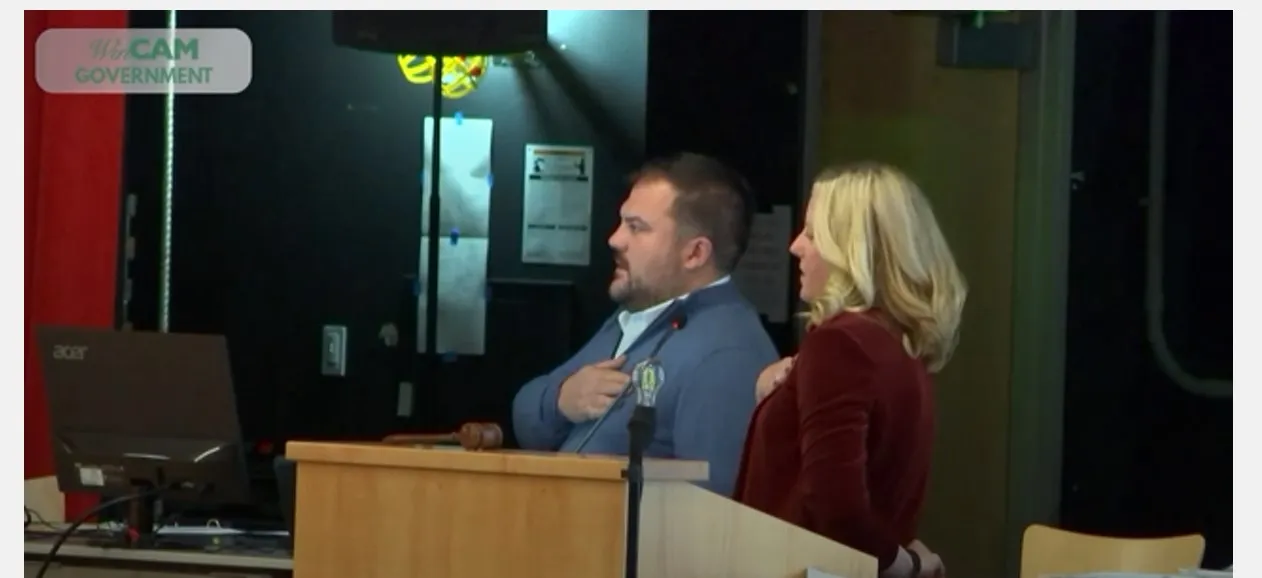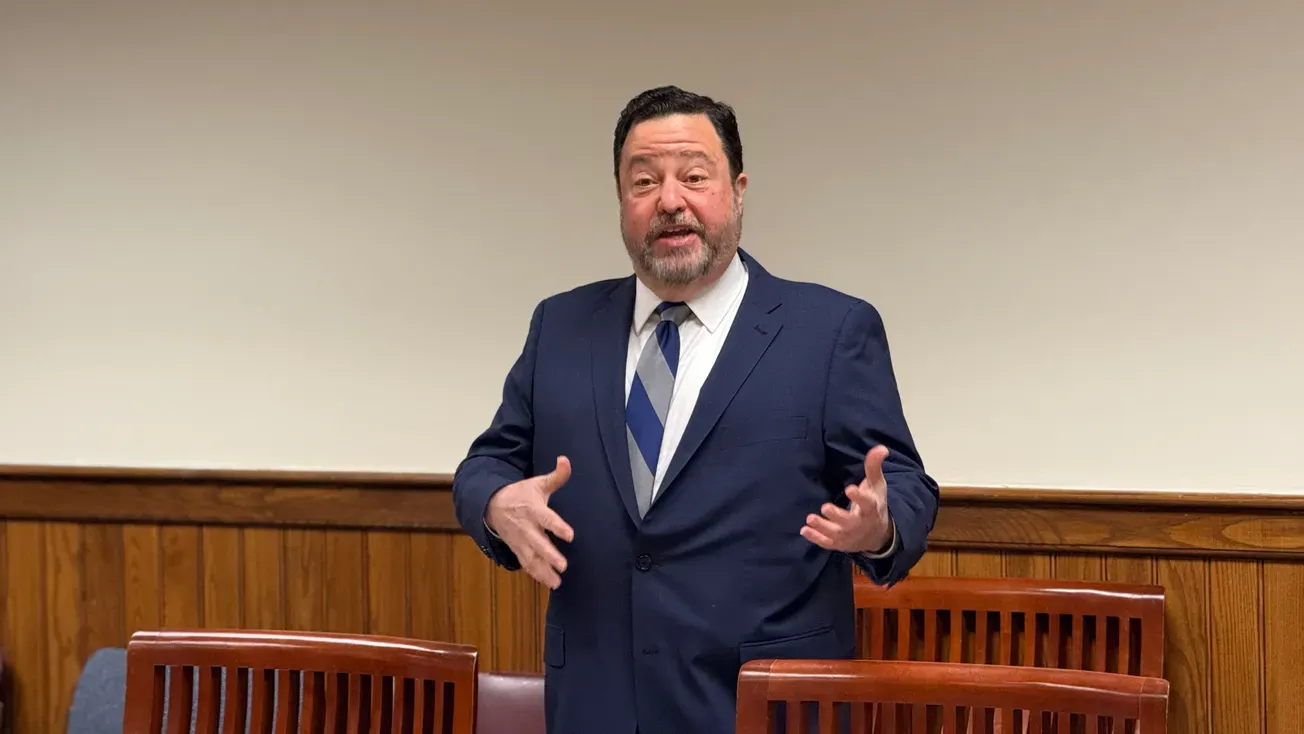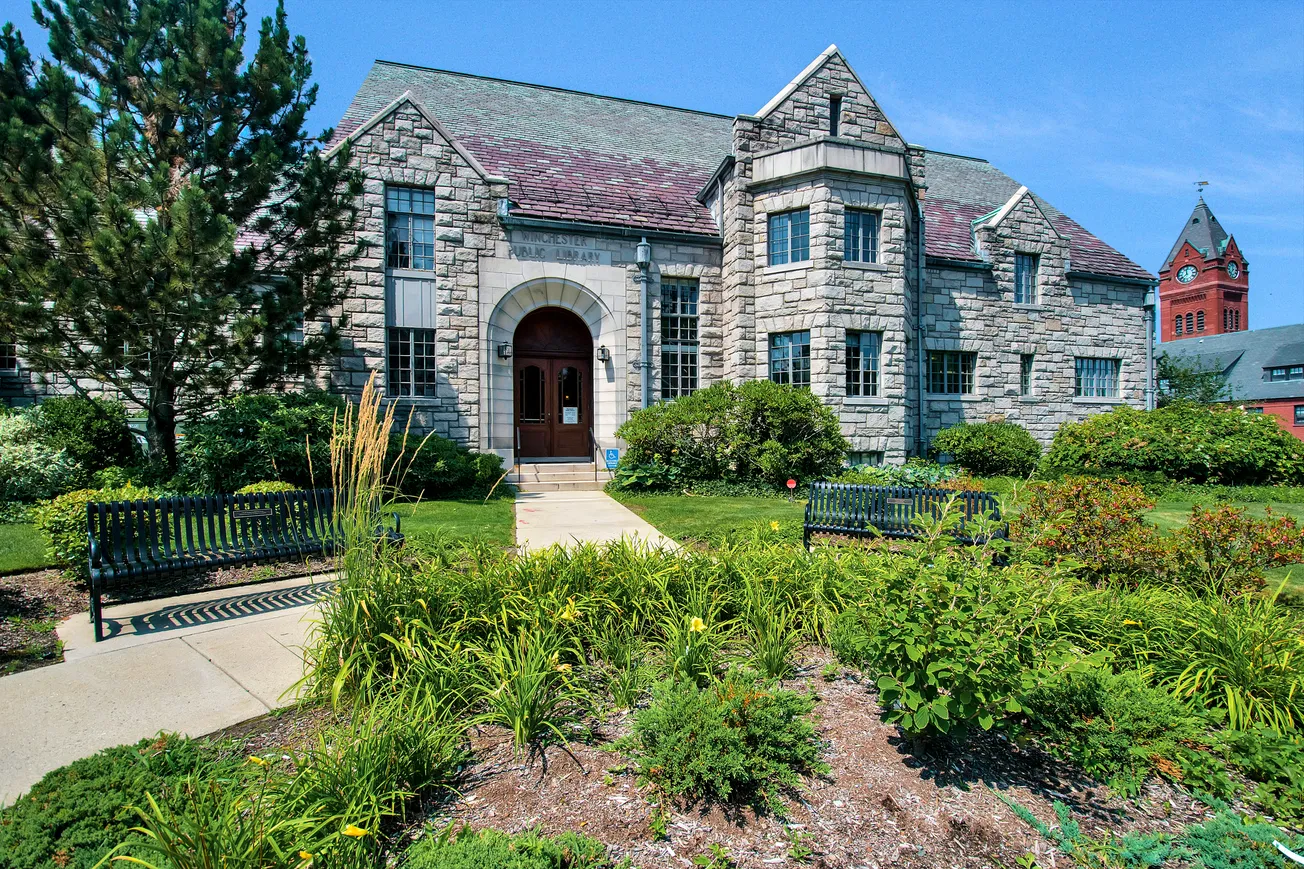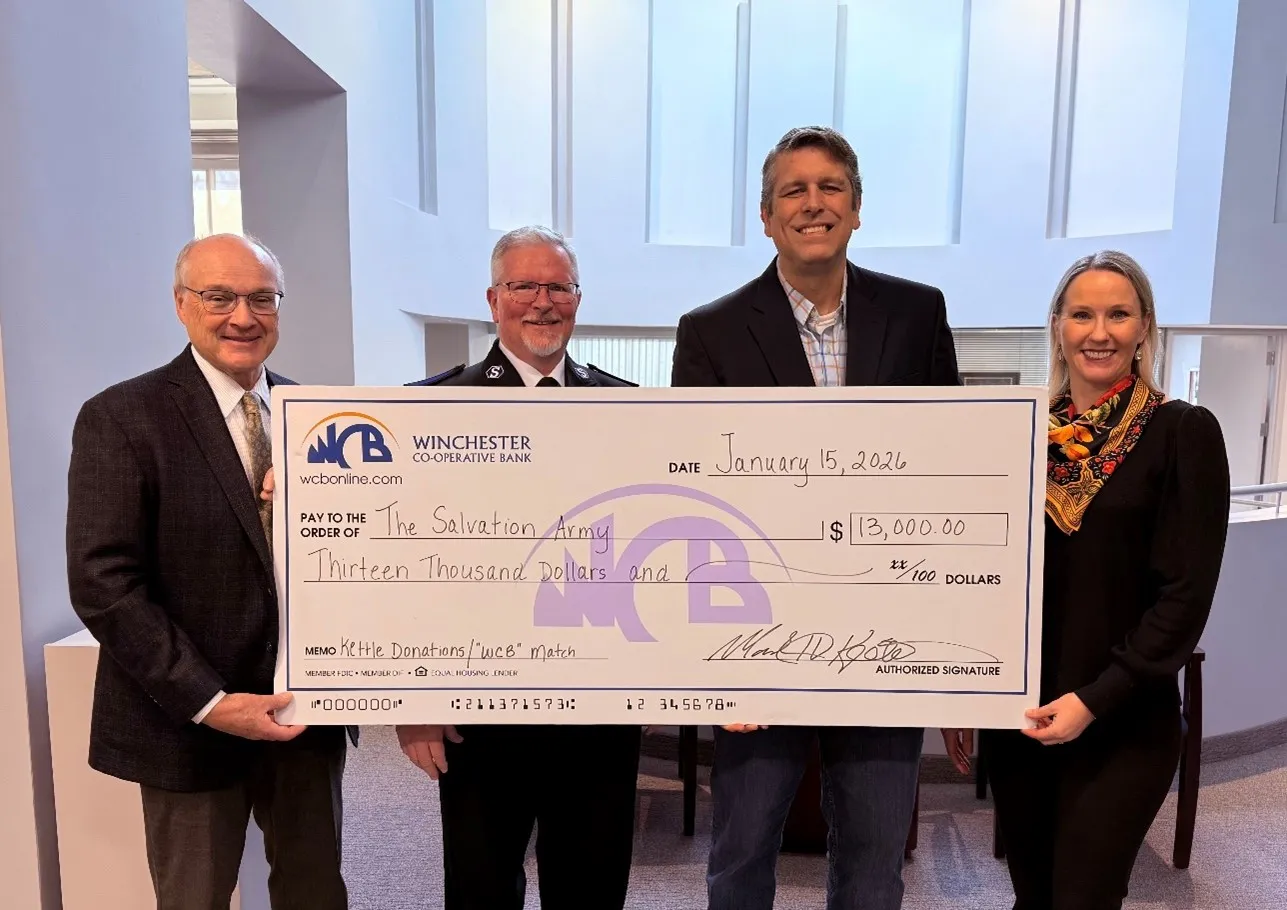Table of Contents
Major changes to Town Meeting procedures highlight Winchester’s 10-year bylaw review as Town Meeting — which convenes April 28 — will take up reforms that could transform how the town conducts business.
The Committee on Government Regulations drafted 18 warrant articles for Spring Town Meeting after holding 22 public meetings over several months.
Committee co-chairs Megan Blackwell and Colin Simson guided their eight-member group through a comprehensive review of bylaw chapters 1-24, excluding Chapter 25 on the Community Preservation Act and zoning bylaws.
“All towns should strive to maintain bylaws that are complete, cohesive and up to date,” COGR noted in a meeting in which it quoted the Massachusetts Division of Local Services. “Bylaws help explain residents’ rights and obligations in their interactions with local government.”
In carrying out that process, the committee has proposed replacing Winchester’s parliamentary procedures from Robert’s Rules of Order with Town Meeting Time, a specialized system created by the Massachusetts Moderators Association specifically for New England town governance.
The change would affect every aspect of how Town Meeting operates, from motion procedures to debate structure to voting methods.
Under the current system, Town Meeting follows Robert’s Rules of Order Revised, what some frame as a complex parliamentary procedure designed for large legislative bodies that contains rules for dozens of specialized motions, points of order and procedural requirements.
Town Meeting Time, by contrast, offers streamlined procedures that address the specific situations common in town governance.
These procedural differences are substantial. For example, where Robert’s Rules permits numerous ways to delay action, Town Meeting Time simplifies options for tabling motions but requires a two-thirds vote rather than a simple majority. Rules for reconsidering motions, ending debate and challenging moderator rulings all differ significantly between the systems, potentially changing how controversial issues are handled.
“As recommended by the current moderator, town counsel and others,” notes the committee’s report, the switch would provide “a much more user-friendly parliamentary procedure than Roberts Rules, even as revised currently.”
This change alone could dramatically impact meeting efficiency and participation patterns.
The procedural changes to Chapter 2 extend beyond parliamentary systems. The committee recommends increasing warrant distribution from 10 to 13 days before meetings, reducing speaking time and introducing specific requirements regarding ending debate.
During a COGR public hearing, Select Board Chair Michelle Prior expressed concern about the Town Meeting Time implementation.
“We know the process to get everyone kind of trained up and ready if we try to go live in November,” she said. “So just a thought on that, that if the book’s this thick and not everybody reads it, what’s the Cliff Notes version, and how do Town Meeting members need to truly be informed?”
If approved, the change would not take effect until Fall Town Meeting, providing several months for Town Meeting members to familiarize themselves with the new procedures. The committee noted they had received summarized guidance comparing the systems that sparked their enthusiasm for the change.
Meanwhile, another article aims to increase financial transparency through amendments to Chapter 6, requiring the “undistributed” budget line item — approximately $29 million in fiscal year 2026 — to be broken down by department in both the town manager’s budget and comptroller’s year-end analysis.
Environmental protection would expand significantly under amendments to Chapter 13, granting the Conservation Commission broader jurisdiction to consider wildlife impacts and climate resilience in wetlands decisions.
Conservation Commission Chair David Miller explained that permit applicants would need to comment on their projects “in terms of its impact on wildlife and in terms of whether the changes they’re proposing affect the ability of the wetland resource to mitigate or provide resilience to the changing climate.”
Administrative flexibility would increase under Chapter 5 amendments that would eliminate one-year term limits for key town positions. Currently, the town manager must reappoint the town clerk, town treasurer/collector and town engineer annually, which committee co-chair Simson described as a surprising constraint during public hearings.
In a substantial deletion, the committee recommends removing Chapter 15 on smoking regulations entirely, determining that more stringent state laws have superseded the town bylaw originally created in the 1980s.
With Spring Town Meeting facing consideration of 56 total articles, officials discussed grouping less controversial updates into a consent agenda.
Town Clerk MaryEllen Marshall confirmed discussions were underway, stating, “We’ll make sure we circle back and be sure that we’re all on the same page.”
All proposed bylaw changes must receive approval at Spring Town Meeting and from the attorney general before implementation later this year.
The committee will meet April 16 at 6:30 p.m. in Town Hall’s Mystic Valley Room to finalize presentations, according to a public meeting notice. The agenda also includes discussion and a vote on how to present the committee’s Decennial Review Report.








